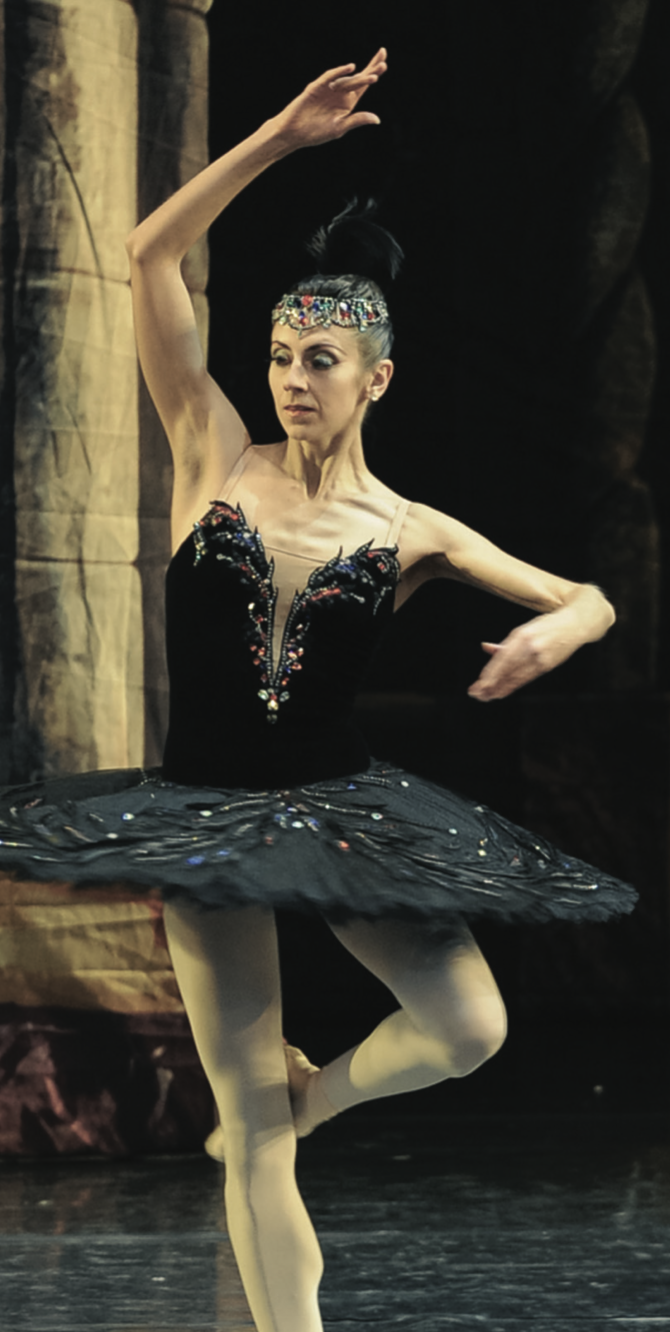
Thursdays, 11 am–12:30 pm
February 16: From the Ballet de la Nuit to Coppélia: Desperately Seeking Composers
March 2: Tchaikovsky Changes Everything
March 16: Diaghilev, the Dream Weaver
March 30: Ballet’s Diaspora
$24 Members, $29 Non-members per lecture
$90 Members, $100 Non-members for the series
Not a member? Join now >
We love the spectacle and the sets, we adore the costumes, we thrill to the beauty of the choreography and the performers, and above all we are exalted by the music. While dance is as old as we are, ballet is a much more recent evolution, growing rapidly from French courtly dance to an internationally beloved art form, attracting master composers like Debussy, Copland and, of course, Tchaikovsky.
Popular speaker and concert pianist Dr. Rachel Franklin uses her unique piano demonstrations and fascinating film clips to illustrate how the music from such ballet masterpieces as Swan Lake, Le Sacre du Printemps, and Appalachian Spring became a treasured part of our culture.
One of the Smithsonian Associates’ most popular lecturers, Rachel has been a featured speaker for such organizations as the Library of Congress and NPR. Her topics explore the intersections between classical and jazz music, film scores, and the fine arts, bringing her back repeatedly to enthusiastic audiences across the region, including the Academy Art Museum, the Chesapeake Film Festival, etc.
March 16
Diaghilev, the Dream Weaver
He didn’t dance, choreograph, or compose, but nonetheless Serge Diaghilev was a ballet alchemist. From his command post in Paris he gathered extraordinary talents together from across the artistic universe to create new, epochal ballet events that would shape dance up until the present day. Despite stormy relationships with most of them, Diaghilev managed to persuade luminaries such as Ravel, Debussy, Manuel de Falla, Stravinsky, and Prokofiev to compose an unparalleled collection of scores for his legendary Ballets Russes.

